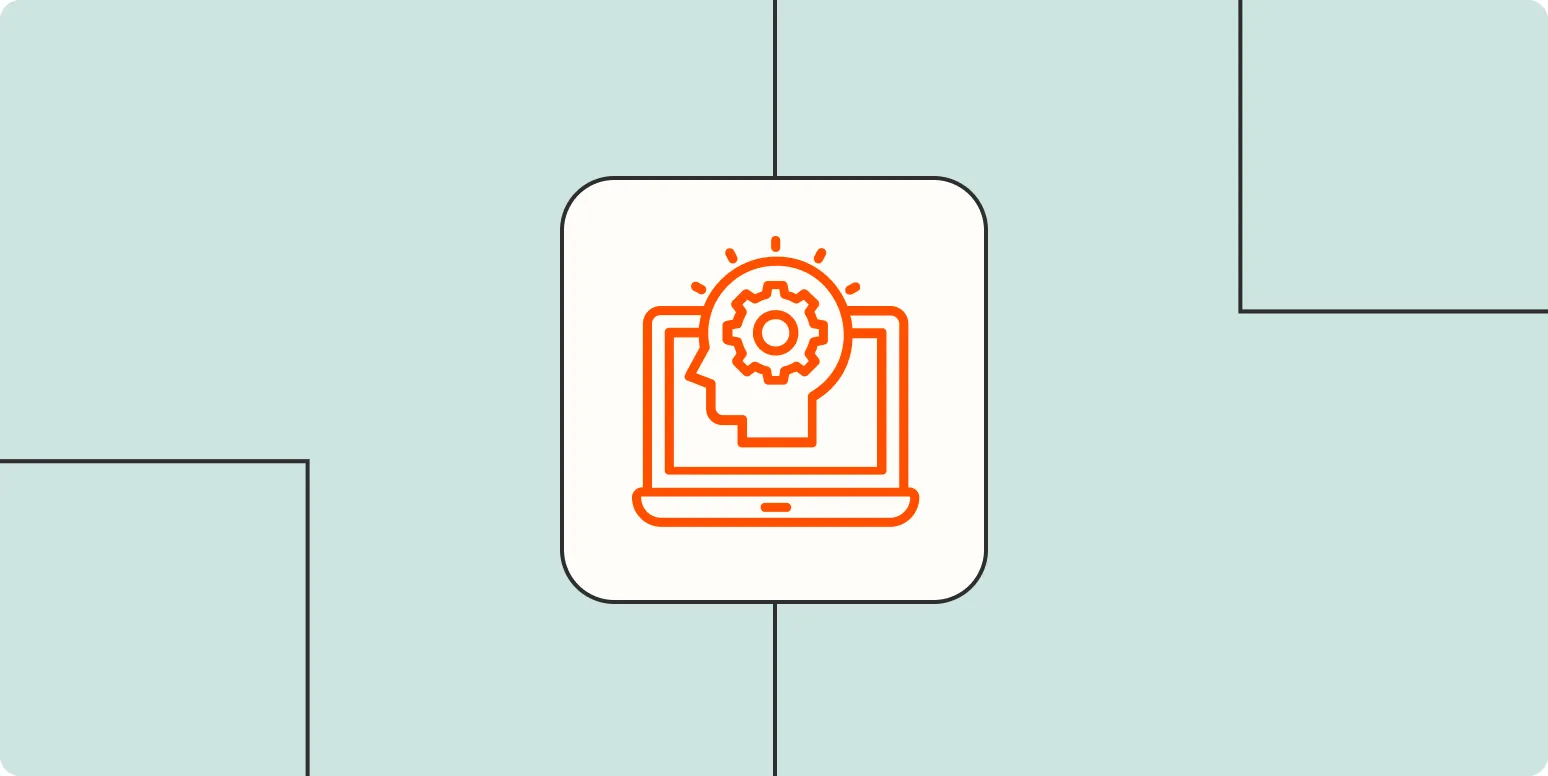What are AI Agents?
AI agents are sophisticated software programs designed to perform tasks autonomously or semi-autonomously, utilizing artificial intelligence (AI) technologies. These agents can learn from their environment, adapt to new information, and interact with users or other systems. They are becoming increasingly prevalent across various industries, enhancing efficiency, productivity, and decision-making.
Types of AI Agents
AI agents can be categorized into several types based on their functionality and application. Here are the primary categories:
| Type of AI Agent | Description |
|---|---|
| Reactive Agents | These agents respond to stimuli from their environment without maintaining any internal state. They act based on predefined rules. |
| Deliberative Agents | These agents maintain an internal model of the world, allowing them to make decisions based on past experiences and knowledge. |
| Hybrid Agents | Combining features of both reactive and deliberative agents, hybrid agents can respond to immediate stimuli while also considering longer-term goals. |
| Learning Agents | These agents improve their performance over time by learning from their experiences and adjusting their actions accordingly. |
Applications of AI Agents
AI agents are utilized in various sectors, offering innovative solutions to common challenges. Below are some of the most significant applications:
- Customer Support: AI agents like chatbots provide instant responses to customer inquiries, improving user experience and reducing wait times.
- Healthcare: AI agents assist in diagnosing diseases, monitoring patient health, and providing personalized treatment recommendations.
- Finance: In the finance sector, AI agents analyze market trends, predict stock movements, and automate trading processes.
- Smart Homes: AI agents control smart home devices, learning user preferences to optimize energy consumption and enhance comfort.
- Marketing: AI agents analyze consumer behavior, allowing businesses to create targeted campaigns and optimize ad spending.
Benefits of Using AI Agents
The integration of AI agents into business operations offers numerous advantages. Here are some key benefits:
- Increased Efficiency: AI agents can perform tasks faster and more accurately than humans, leading to significant time savings.
- Cost Reduction: By automating repetitive tasks, businesses can reduce labor costs and allocate resources more effectively.
- 24/7 Availability: AI agents can operate continuously, providing services and support around the clock.
- Enhanced Decision Making: With access to vast amounts of data, AI agents can offer insights and recommendations that help organizations make informed decisions.
- Personalization: AI agents can tailor experiences for individual users, increasing customer satisfaction and loyalty.
Challenges and Limitations of AI Agents
Despite their many advantages, AI agents also face several challenges and limitations:
- Data Privacy: The use of AI agents often involves collecting and analyzing personal data, raising concerns about privacy and security.
- Bias: AI agents can exhibit biases if trained on flawed data, leading to unfair or inaccurate outcomes.
- Complexity: Developing and maintaining AI agents requires specialized knowledge and resources, which can be a barrier for some organizations.
- Dependency: Over-reliance on AI agents may lead to skill degradation among human workers.
The Future of AI Agents
The future of AI agents looks promising, with advancements in technology paving the way for more sophisticated applications. As AI continues to evolve, we can expect to see:
- Improved Natural Language Processing: Enhanced language capabilities will allow AI agents to communicate more effectively with users.
- Greater Integration: AI agents will become more integrated into everyday life, seamlessly interacting with various devices and platforms.
- Ethical AI Development: There will be a growing focus on developing ethical AI agents that prioritize fairness, transparency, and accountability.
- Customized Experiences: AI agents will offer increasingly personalized services, adapting to individual user preferences and behaviors.
Conclusion
In summary, AI agents are transforming the way we interact with technology and each other. Their ability to learn, adapt, and operate independently makes them invaluable tools across various sectors. While challenges remain, the potential benefits of AI agents far outweigh the limitations. As technology continues to advance, we can expect even more innovative applications and enhanced capabilities, making AI agents an essential component of the future digital landscape.





